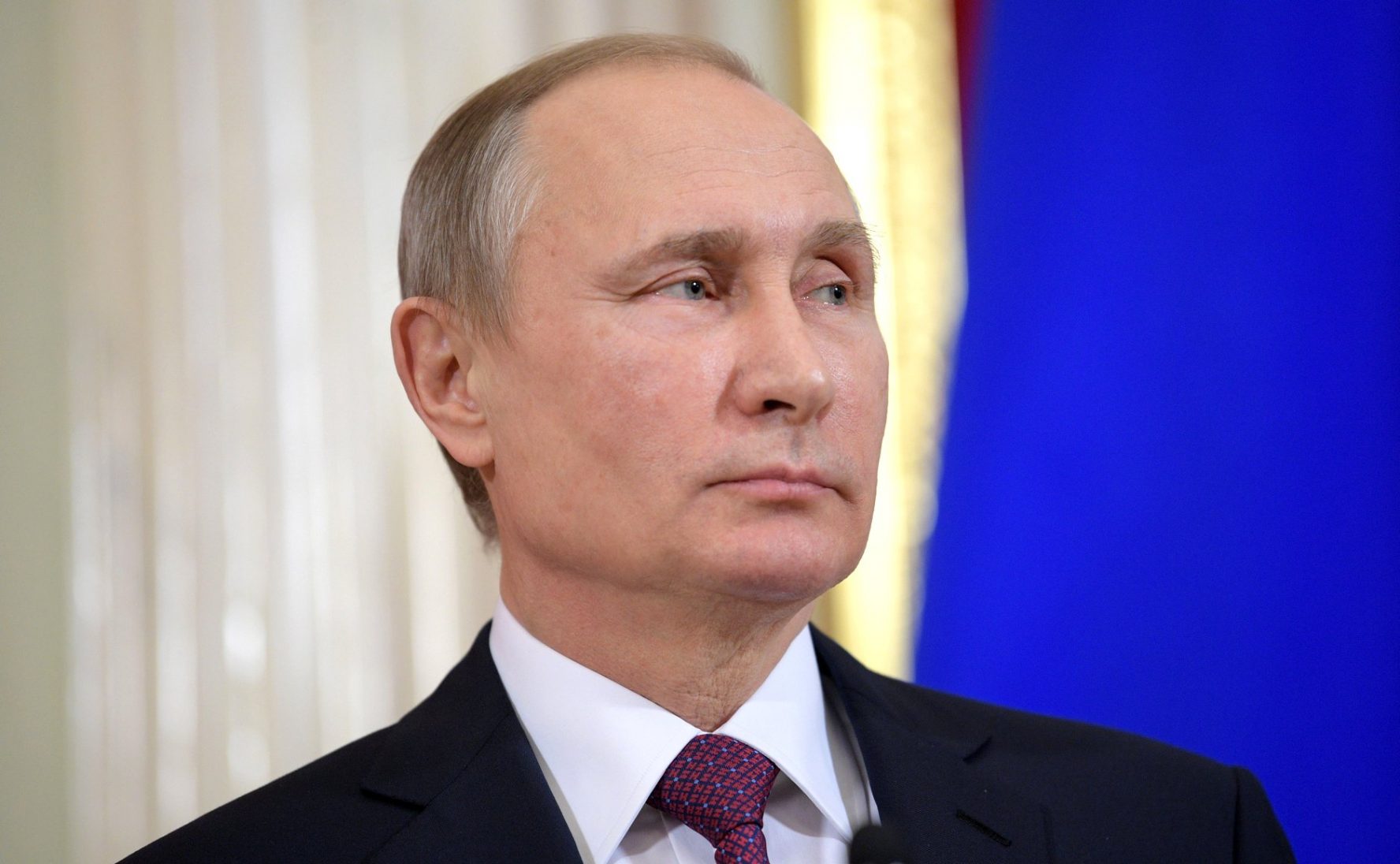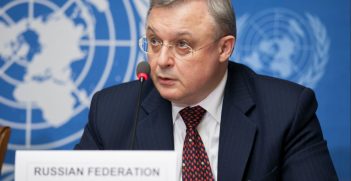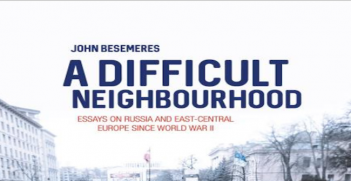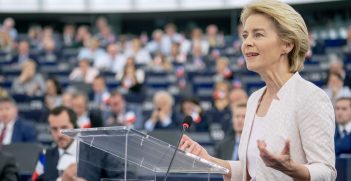Reading Room: Russia and the West: the Last Two Action-Packed Years 2017-19

In his book, former Russian Embassy staffer Tony Kevin offers a defence of Russian policy that is a counterpoint to the prevailing Western narrative.
Australians used to be a cynical, sceptical lot. Perhaps we still are. We used to be able instantly to detect BS – hence the ‘pub test’ – and we were unafraid to identify it. Now that we are wading in it, that is no longer so easy. BS comes at us from all sides, and consent to it is readily manufactured, while facts that disprove it are suppressed. The obstinate few withhold consent until they have tested the facts for themselves and then reveal them. But that can make them disapproved and suppressed persons.
This is Australia, where freedom of expression and the rights of the individual are frequently claimed to exist. But they are BS. Prudently, we write ‘BS’ instead of the real Anglo-Saxon words we all use, in case an American social media platform (that doesn’t mind child pornography and gun advertisements) should censor our articles. Australians can be jailed for knowing, asking, reporting, protesting, or even associating with whomever or whatever our government declares inimical to the national interest.
One of the obstinate few is Tony Kevin. In the last couple of years, he says he has come to understand the process by which an Australian becomes a disapproved person, “pushed to the margins – eased out, in that discreet unstated Australian way,” as he describes it. Odd things happened to him in the last two years:
“The mysteriously lost three boxes of my books at the August 2017 Melbourne Writers Festival; an abruptly cancelled Wheeler centre debate with a visiting expert from the UK, after a last-minute withdrawal of his availability by the Lowy Institute host; a contrived personal dispute with a panel convenor…in May 2018; the use of a false Facebook address of a well-known ABC presenter to question my mental ability…”
Tony concluded that he had been put on an unofficial, unadmitted blacklist. His public voice was silenced, and he lost friends. Likening himself to the dissident writers of the Soviet period, Solzhenitsyn and Sakharov, Tony understood that his advocacy of peaceful engagement with Russia was unwelcome, so he was too. He had said and written nothing incendiary, but his “pro-Kremlin narrative” fell outside what Chomsky calls the spectrum of allowable dissent.
Tony’s first posting for DFAT was in Moscow, and much later in retirement he re-visited Russia on three “cultural pilgrimages,” publishing Return to Moscow in 2017. His timing was not propitious: NATO had been pushing east towards the former states of the USSR, the US had subsidised “Arab spring” uprisings in the Middle East, and another in Ukraine against the Russian-favoured president. Putin was loathed and Russophobia ruled in Washington, London, and sycophantic Canberra.
Diplomats are warned about “going native,” and if Tony were still in harness now, his views about Russia and the covert Anglo-American information war being waged against it would be grounds for counselling. But he is not in harness, and he doesn’t have to engage in the doublethink he says is required of dissenting public servants. In Russia and the West, he restates his commitment to the détente with Russia which President Trump initially sought before his own administration diverted it.
Reprinting and self-publishing two papers he gave to the Independent Scholars Association of Australia in Canberra, and an article in Counterpunch, Tony goes beyond his currently unpopular defence of Russia to reveal – since Australian media are not interested – the nature of the Russophobic information war being covertly waged by experts in the US, UK, Australia and elsewhere to disseminate their desired truth.
He observes the information war at work in two British government-funded operations, Institute for Statecraft (IfS) and Integrity Initiative (II), whose secretive existence was leaked in late 2018 and early 2019. Their staff and affiliates include senior military and intelligence people, journalists, broadcasters, and academics, and they have an array of “clusters of influence” across North America, Europe, the Middle East, and Australia. Their task is to wage a “new kind of warfare” in which, according to II’s spokesman, the West has to fight back against Russia, and “everything becomes a weapon.” Three members of the Australian cluster are identifiable in the leaked documents: one is the guest withdrawn by the Lowy Institute from an appearance with Tony. He is a former DFAT officer.
“Power may control what happens,” Tony says (quoting Melbourne blogger Caitlin Johnstone), but absolute power controls what people think about what happens. Yet many Australians who get their knowledge only from our mainstream media don’t even know what happens. The downing of MH17, the poisoning of Sergei and Yulia Skripal, the false flag operations of White Helmets in Syria and now, even the death of its British founder, James le Mesurier, are unhesitatingly blamed on Russia. Only the obstinate few question the prevailing narrative. That’s why it’s important to read Tony’s little book.
Dr Alison Broinowski AM FAIIA is a former diplomat, academic, and author.





